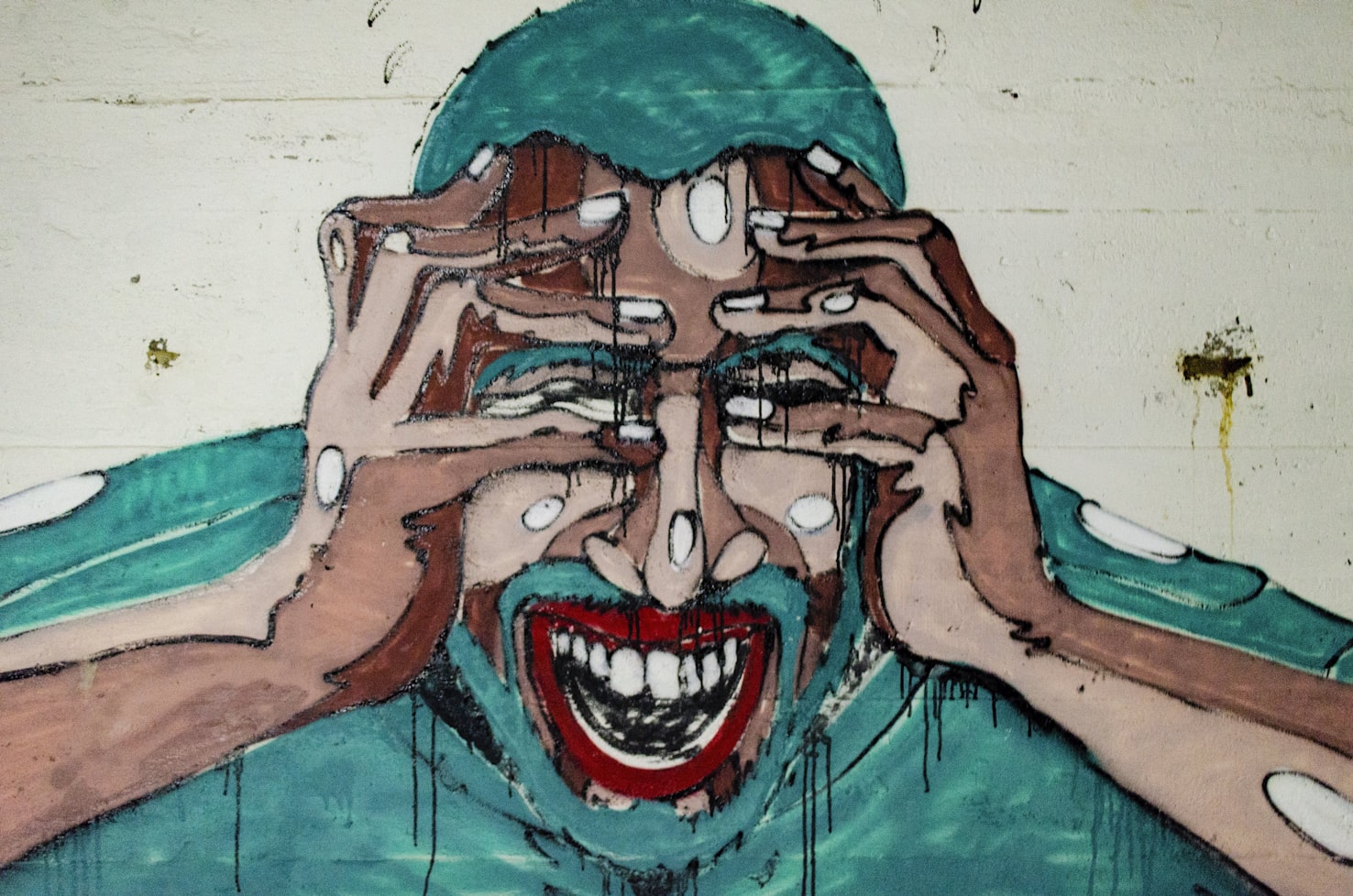Understanding and Managing Stress: Tips and Techniques for Coping with Daily Stressors

Stress is a normal part of life, but when it becomes chronic, it can have negative effects on our physical and mental health. It can cause a wide range of symptoms, from headaches and fatigue to anxiety and depression. The good news is that there are a number of effective ways to manage and reduce stress.
Identifying the source of stress
The first step in managing stress is identifying the source. Stress can come from a wide range of sources, such as work, relationships, or financial difficulties. Once the source of stress is identified, it can be easier to find effective solutions.
Relaxation techniques
Relaxation techniques such as deep breathing, yoga, and meditation can help to reduce stress by slowing down the body’s physiological response to stress. According to a study published in the Journal of the American Medical Association, relaxation techniques can reduce the symptoms of stress and improve overall well-being.
Exercise
Regular exercise can also help to reduce stress. Exercise can help to release endorphins, which are chemicals in the brain that can improve mood and reduce stress. According to a study published in the Journal of Psychiatric Research, regular exercise can reduce symptoms of anxiety and depression.
Social support
Social support is an important factor in managing stress. Having a strong network of friends and family can provide emotional support and can also serve as a source of inspiration and motivation. Joining a support group or participating in community activities can also provide a sense of belonging and purpose.

Time management
Effective time management can also help to reduce stress. Prioritizing tasks and making to-do lists can help to reduce feelings of overwhelm. Setting realistic goals and learning to say “no” to non-essential tasks can also be helpful.
Sleep
Getting enough quality sleep can also help to reduce stress. According to a study published in the Journal of Sleep Research, poor sleep can increase the risk of developing stress-related disorders.
Lifestyle changes
Lifestyle changes such as eating a healthy diet, avoiding excessive alcohol consumption, and not smoking can also help to reduce stress.
Medication
In some cases, medication may be necessary to manage stress. Anti-anxiety medication and antidepressants can be prescribed by a healthcare professional to help alleviate symptoms of stress and improve overall well-being. However, it’s important to note that medication should be used in conjunction with other stress management techniques, such as relaxation techniques and therapy.
Cognitive-behavioral therapy
Cognitive-behavioral therapy (CBT) is a type of talk therapy that can be effective in managing stress. CBT helps individuals to identify and change negative thought patterns and behaviors that contribute to stress. According to a study published in the Journal of Clinical Psychology, CBT can be effective in reducing symptoms of stress and improving overall well-being.
In conclusion, stress is a normal part of life, but when it becomes chronic, it can have negative effects on our physical and mental health. Identifying the source of stress is the first step in managing it.
There are a number of effective ways to reduce stress such as relaxation techniques, exercise, social support, time management, sleep, lifestyle changes, medication, and cognitive-behavioral therapy.
It’s important to find the right combination of techniques that work for you. It’s also important to consult with a healthcare professional before making any significant changes to your lifestyle or taking any medication.
References:
- Relaxation Techniques – StatPearls – NCBI Bookshelf
- Meditation Programs for Psychological Stress and Well-being: A Systematic Review and Meta-analysis | Complementary and Alternative Medicine
- Beneficial Effects of Exercise on Depression and Anxiety During the Covid-19 Pandemic: A Narrative Review – PMC
- The relationship between sleep quality, stress, and academic performance among medical students – PMC
- Sleep deprivation and stress: a reciprocal relationship | Interface Focus
- Stress and sleep: What’s the link?
- The Effect of Cognitive Behavioral Therapy on Depression, Anxiety, and Stress in Patients With COVID-19: A Randomized Controlled Trial – PMC
- The Effect of Cognitive-Behavioral Therapy on Depression, Anxiety, and Stress Levels in Iranian Males With Addiction
- Cognitive-behavioral therapy on psychological stress and quality of life in subjects with pulmonary tuberculosis: a community-based cluster randomized controlled trial | BMC Public Health
- Cognitive-Behavioral Treatments for Anxiety and Stress-Related Disorders | FOCUS





